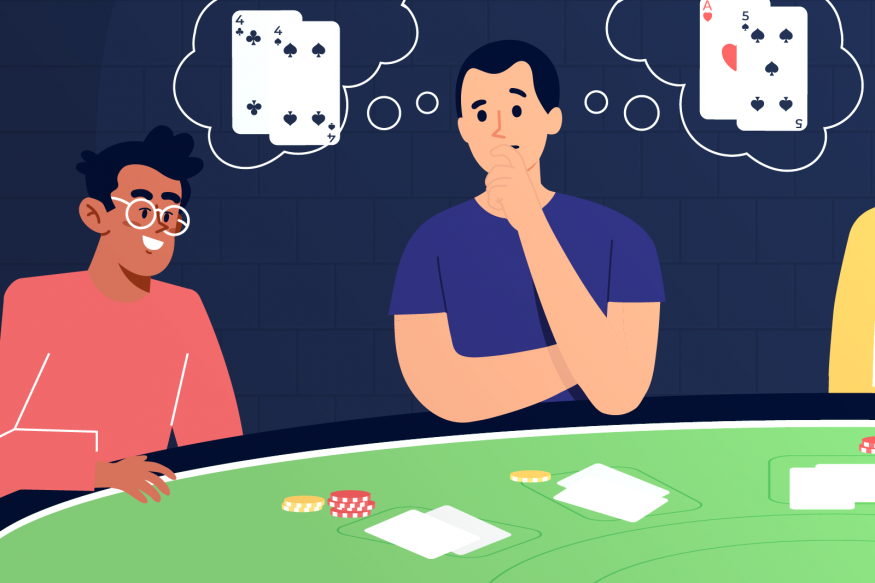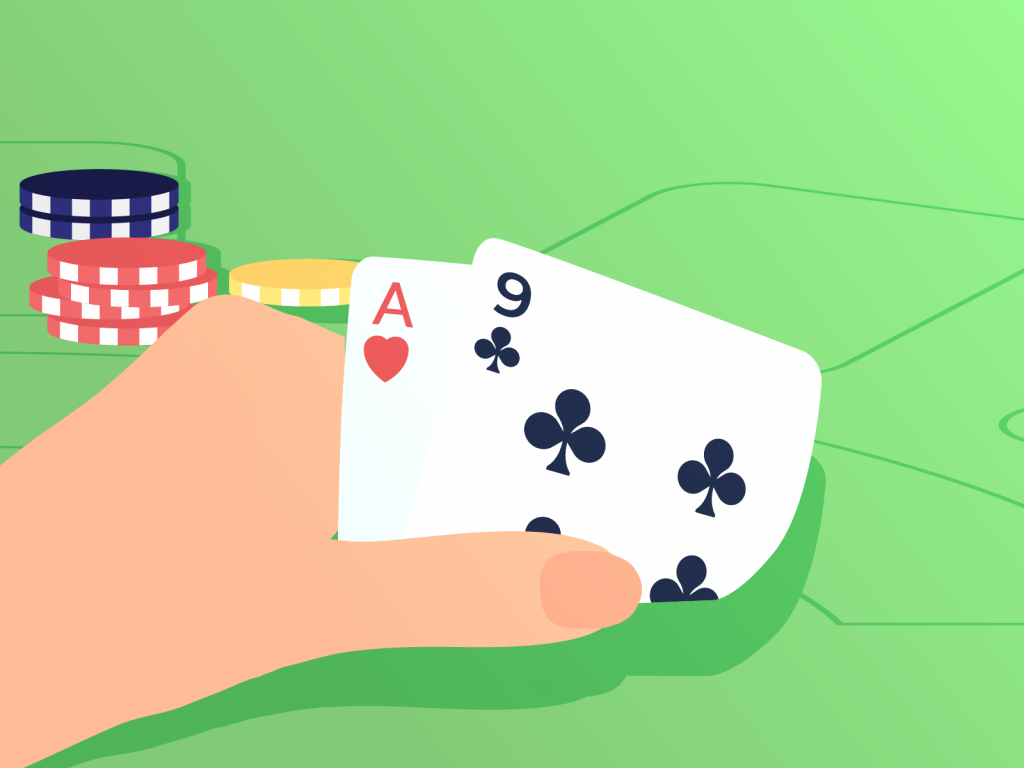Is Card Counting Possible in Poker? A Comprehensive Guide

Understanding the Role of Card Counting in Card Games
Card counting is best known as a clever strategy used in blackjack, where players try to track cards dealt to gain an upper hand against the casino. This method was famously exploited by the MIT blackjack team, whose story inspired popular books and films due to their multi-million dollar casino wins.
But can this technique be effectively applied to poker? While you can track cards in poker, unlike blackjack, the advantage is far more limited. In poker, card counting can offer some useful information, but it won’t guarantee massive wins or work in every poker variant.
This article delves into what card counting is, how it can—or can’t—be leveraged within poker, and the extent of the edge it can provide.
What Is Card Counting?
Card counting involves mentally tracking which cards have been played or exposed during a game. The principle is simple: by knowing which cards remain, a player can make more informed decisions.
Blackjack provides the prime setting for card counters because most cards are visible to all, and decks are often not reshuffled after each hand. In some poker games, including variants like Seven Card Stud, players also see a portion of opponents’ cards, which adds a layer of strategy.
Various counting systems exist according to the game type. Each method aims to help players assess probabilities and maximize their chances of winning, either against the house or at the poker table.
Implementing Card Counting Strategies in Poker
Unlike blackjack, where casinos strictly monitor for card counters, tracking dealt cards is not considered cheating in poker and is generally accepted—even expected—behavior. However, the main obstacle is the limited information available: in most variants, only a small portion of cards are actually seen by all players.
Additionally, since poker decks are shuffled after every hand, tracking what happened in previous rounds seldom offers a direct advantage. That said, there are situations and poker types where card awareness is vital—let’s explore these in depth.
Mastering Card Counting in Seven-Card Stud
Although Seven-Card Stud has seen a decrease in popularity, it remains a core part of many mixed game rotations. Notable forms include classic Seven-Card Stud, Stud Hi/Lo, and Razz.
In Stud games, play begins with each person receiving at least one face-up card. Even though many participants fold after the initial deal, memorizing all exposed (and folded) cards is crucial.
By keeping tabs on these cards, you can:
– Assess the true likelihood of completing your hand.
– Determine how probable it is that an opponent will make their draw.
– Rule out certain hands for your competitors.
Not tracking these details puts you at a disadvantage, particularly at higher-stakes tables where seasoned players closely monitor every exposed card. Conversely, diligently counting out cards gives you a strategic edge, particularly against less experienced opponents who may neglect this critical task.
Card Counting in Texas Hold’em and Omaha

The most widely played poker formats globally are Texas Hold’em and Pot-Limit Omaha. Here, each player receives all hole cards face-down, restricting the direct visual information available before the community cards are dealt.
However, tracking cards is still beneficial:
– Your own hole cards serve as critical “blockers”—they eliminate some possible combinations your opponents could hold.
– Noting your cards and the community board enables more accurate calculations about probabilities and hand strength.
For example, if you hold a pair of Tens and the flop reveals 9-8-7, you know it’s much less likely for your opponents to have a Ten needed for a straight, because you hold two yourself.
Similarly, in Pot-Limit Omaha, “blockers” are frequently used in advanced bluffs. Holding the only Ace of a suit allows you to credibly represent the nut flush if three cards of that suit appear, even without having the complete flush.
In live settings, additional awareness—such as glimpsing accidentally exposed folded cards—can provide valuable insight in tight situations.
The Limits of Card Counting: What Not to Do
While tracking exposed or folded cards is helpful, card counting in poker has boundaries. Many novice players misapply this concept, attempting to predict which cards will appear in future hands based on prior deals.
Keep in mind:
– Poker decks are always shuffled before each hand, so previous results have no bearing on upcoming outcomes.
– Statements like “sevens are hot” or “Jacks are due” are rooted in superstition, not fact.
Relying on this flawed thinking will only diminish your performance. Instead, focus on skill development and informed decision-making for long-term success.
Card Counting and Legality at the Tables

Card counting—tracking played cards in your head—is entirely legal, whether you’re at the poker or blackjack tables.
Though blackjack card counters sometimes face scrutiny or barring at casinos, legal rulings in many Western nations, including Atlantic City, affirm that the practice isn’t illegal. In fact, New Jersey law prohibits casinos from banning players solely for counting cards.
At poker tables, card tracking is not only legal but recommended. Leveraging every scrap of available information is part and parcel of solid poker strategy and will help you refine your edge in every session.
Final Thoughts: The Practicality of Card Counting in Poker
While poker doesn’t offer the lucrative card counting opportunities seen in blackjack, staying alert to all visible and folded cards remains an essential poker skill—especially in variants like Seven Card Stud. In games like Hold’em and Omaha, using blockers and watching for extra clues can influence your decision-making.
In summary:
– Card counting in poker is legal and considered part of standard play.
– The information available varies widely depending on the format and skill level at the table.
– Avoid chasing patterns or hunches; base your play on visible evidence and mathematical reasoning.
Honing your awareness of what cards are in play may not make you millions, but it will consistently enhance your results and give you an advantage over inattentive opponents.










